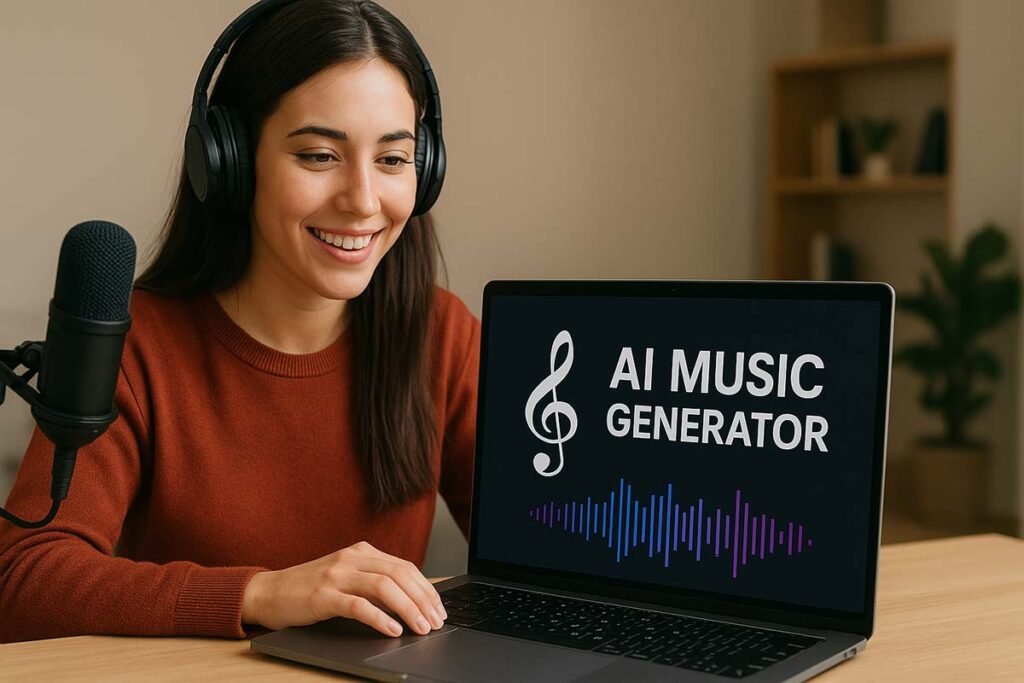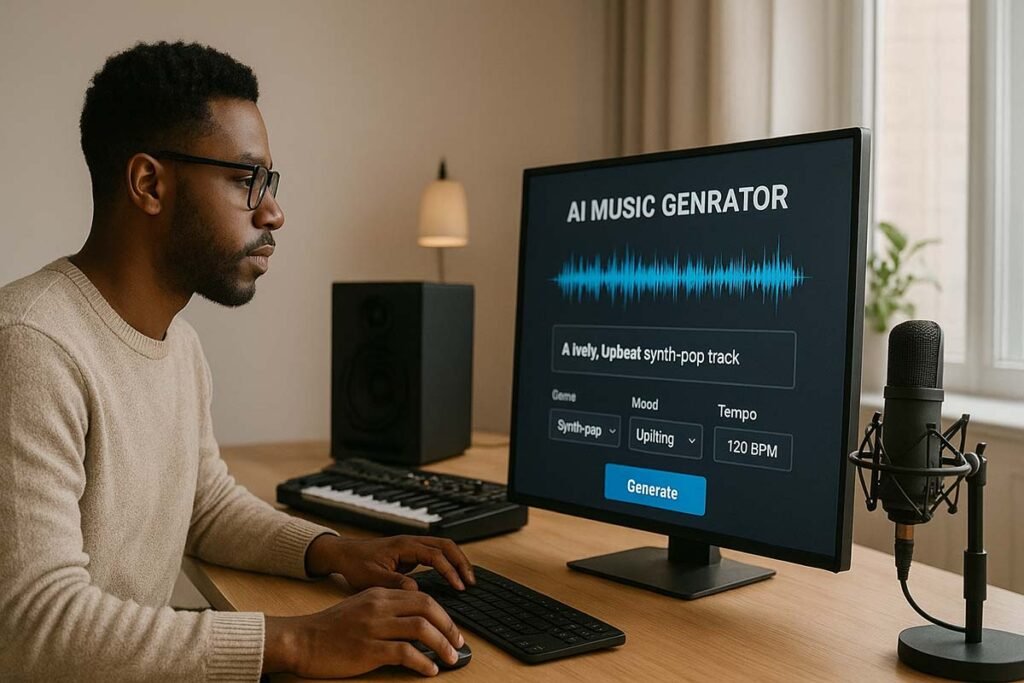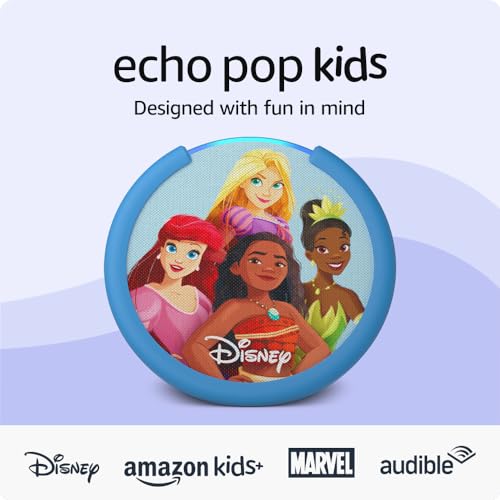AI music generators are fueling a creative revolution, now boasting over 201,000 monthly searches in 2025. This surge signals a new era—one where anyone, from content creators to indie musicians, can generate professional-quality tracks with just a prompt, redefining the way music is made and experienced.
The Problem and The Promise
The traditional process of making music demands talent, training, expensive equipment, and hours of studio time. For many creators, this is a barrier that stifles innovation and access. But something unprecedented is happening: AI music generators are changing everything. They’re not only leveling the playing field but also opening doors to soundscapes we never dreamed possible. With monthly searches soaring past 201K, these tools aren’t a passing trend—they’re the vanguard of a creative tech revolution that’s upending music production, consumption, and culture.
What Are AI Music Generators?
Defining the Technology
AI music generators are software platforms powered by advanced algorithms like deep learning, transformers, and diffusion models, trained on vast music databases. Their core function is to compose, arrange, and produce music—sometimes entire songs, instrumentals, or just catchy hooks—driven by user inputs such as text prompts, mood, or genre.
How They Work
- Pattern Analysis: AI models study structure, chord progressions, and styles from thousands of existing tracks.
- Prompt-Based Creation: Enter a description (“inspiring cinematic piano”), and the AI outputs a unique, royalty-free audio file in seconds.
- Editing and Customization: Many platforms allow further tweaking—adjusting tempo, key, mood, or adding vocals.
Technology Evolution
- The latest AI tools utilize transformer architectures, GANs (Generative Adversarial Networks), and hybrid symbolic/audio models, enabling original compositions while preserving genre authenticity and emotional depth.
- Integration with video and podcast platforms is seamless, making these generators a one-stop shop for creators.
- Echo Pop – This compact smart speaker with Alexa features full sound that’s great for bedrooms and small spaces. Small e…
- Control music with your voice – Ask Alexa to play music, audiobooks, and podcasts from your favorite providers like Amaz…
- Make any space a smart space – Easily control compatible smart home devices like smart plugs or smart lights with your v…
- Echo Dot Kids – Our most popular and cutest smart speaker with Alexa, made for kids (not a toy). The improved speaker de…
- Where learning meets fun – Kids can ask Alexa to play music, read a bedtime story, get help with their homework, and mor…
- Includes 1 year of Amazon Kids+ – A digital subscription designed for kids aged 3-12 to safely learn, grow, and explore….
- Echo Pop Kids – Smart speaker with Alexa featuring Disney Princess and Marvel’s Avengers designs, made for kids (not a t…
- Includes 6 months of Amazon Kids+ – A digital subscription designed for kids aged 3-12 to safely learn, grow, and explor…
- Easy-to-use parental controls – Alexa will automatically give kid-friendly responses and filter explicit songs. You can …
Why AI Music Generators Are Trending: 201K Searches and Beyond
Explosive Search Growth
- 201,000+ monthly searches for “AI music generators” reflect exploding US interest in 2025, outpacing many other music tech trends.
- This spike is fueled by:
- The rise of short-form content (YouTube Shorts, TikTok).
- Increasing demand for royalty-free, copyright-safe tracks.
- Growing participation by non-musicians and hobbyists.
Who Benefits?
- Content creators (YouTube, podcasting)
- Game developers (custom soundtracks)
- Brands/Agencies (original audio for marketing)
- Educators (teaching, background music)
- Indie musicians/writers (instant inspiration and drafts)
Key User Segments and Use Cases
| User Type | Example Use Case | Benefit |
|---|---|---|
| Video Creators | Background for vlogs/podcasts | Save time & money on music |
| Marketers | Custom jingles for campaigns | Royalty-free, original content |
| Game Studios | Dynamic in-game music | Rapid prototyping, cost-saving |
| Students/Teachers | Music for educational projects | Accessible creation, learning aid |
| Podcasters | Intros, outros, segment sounds | Streamline production |
The Creative Revolution: Opportunities, Trends, and Expert Insights
1. Democratization of Music Creation
Real-Life Example
YouTube creator Sarah Turner, who lacks formal music training, uses Beatoven.ai and Soundraw to compose all the background music for her viral science videos. “My channel exploded after adding unique music. Now, I’m not limited by copyright worries or a thin wallet,” she says.
Key Trends
- Anyone can create tracks—no expensive gear, no music theory diploma, just internet access.
- Free and paid platforms make music accessible to independent voices worldwide.
2. Cutting-Edge Technology Powers the Evolution
Core Tech Advancements
- Diffusion and transformer models for genre authenticity
- Hybrid symbolic/audio models increase emotional realism
- Real-time collaborative tools for co-writing with AI
3. Quality, Customization, and Control
- AI can generate in a wide variety of genres and moods (rock, chill, cinematic, EDM)—on demand.
- Many platforms let users adjust tempo, key, length, instruments, and vocals.
- Built-in editors and loops for continuous tracks and professional results.
Comparison Table: Top AI Music Generators (2025)
| Platform | Key Strengths | Free Plan | Genre Range | Advanced Editing |
|---|---|---|---|---|
| Soundverse | Versatile, loop creation | Yes | Wide | Yes |
| Beatoven.ai | Video/text prompt support | Yes | Moderate | Yes |
| AIVA | Film scoring, orchestral | Limited | Classical | No |
| Soundraw | Royalty-free for creators | Yes | Broad | Yes |
| Harmix | Multi-modal search | Yes | Various | Yes |
4. Real-World Applications and Case Studies
Appen’s Enterprise Case Study
A leading platform partnered with Appen to launch an advanced AI music generator for their service. By involving expert annotators and robust review cycles, they accelerated launch, improved the quality of generated tracks, and expanded to new, advanced generative features—delighting users across the globe.
Marketer’s Example
A US-based ad agency deploys AI music tools to create dozens of custom jingles per week for regional brands—reducing costs and turnaround times while ensuring each client receives exclusive, brand-aligned music.
Product Innovation Case Studies
- AIVA: Generates orchestral and film noir scores for indie filmmakers under tight budgets and timelines.
- iZotope RX: Employs AI for audio restoration and enhancement, critical for creators repurposing archival sound.
5. Challenges and Limitations
Ongoing Issues
- While AI excels at pattern-based composition, originality and emotive subtlety may still require human oversight.
- Genre limitations for hyper-niche or avant-garde styles.
- Copyright issues with derivative models remain a legal gray area.
6. The Future Outlook: What’s Next?
Experts predict further integration of generative AI into mainstream DAWs (Digital Audio Workstations), tighter genre/style control, and smarter collaboration between human musicians and AI tools. The landscape will include intelligent search, seamless voice integration, and universal accessibility, rebuilding music creation for a new age.
Expert Opinions
- “AI will never replace human emotion, but it can empower more creators to express themselves in ways they couldn’t before,” says Dr. Jane Phillips, Music Technology Professor, Berklee College of Music.
- “It’s about partnership—not replacement. The best results come from using AI as a collaborator,” writes veteran producer Martin Coates.
- “AI-generated music is freeing up time and resources for creators, so they focus on storytelling and business, not busywork,” according to insights published on Appen’s 2025 case studies.

Embracing the Creative Revolution
The surge to over 201,000 searches per month is just the beginning. AI music generators aren’t just a tech fad—they represent a creative awakening, reshaping the possibilities for musicians, marketers, and anyone with a story to tell. The only question is: Are you ready to let your sound be heard? Dive into the AI music revolution, experiment, create, and push the boundaries of what’s possible in sound.
Start exploring—your next viral hit could be just one prompt away.
FAQs
Q1: What are AI music generators?
A: AI music generators are advanced software platforms that use artificial intelligence to instantly create original music tracks, melodies, or complete songs based on user inputs like style, mood, or genre.
Q2: Can AI-generated music be used commercially?
A: Yes, most AI music generators offer royalty-free tracks, making them ideal for commercial projects, marketing, podcasts, and video content.
Q3: Are AI music generators suitable for beginners?
A: Absolutely! They are designed to be user-friendly, allowing individuals without formal music training to generate professional-quality tracks.
Q4: How do AI music generators work?
A: They analyze large music datasets using deep learning and generate original compositions based on user prompts, genre, or mood selection.
Q5: What are the main advantages of using AI music generators?
A: Speed, cost savings, creativity, variety, and access to royalty-free, customizable music for any project.
Q6: Are there any limitations to AI-generated music?
A: Limitations include potential lack of emotional depth, genre restrictions, and occasional copyright complexities.
Q7: Which are the top AI music generators in 2025?
A: Leading platforms include Soundverse, Beatoven.ai, AIVA, Harmix, and Soundraw.
Q8: Is AI music generation the future of music production?
A: While not a replacement for human creativity, AI is set to become a core part of the music production toolkit, especially for fast turnarounds and content-heavy industries.










Pingback: The $524 Million Indian GenAI Boom: Why 2025 is India's AI Startup Year - FirstsPost